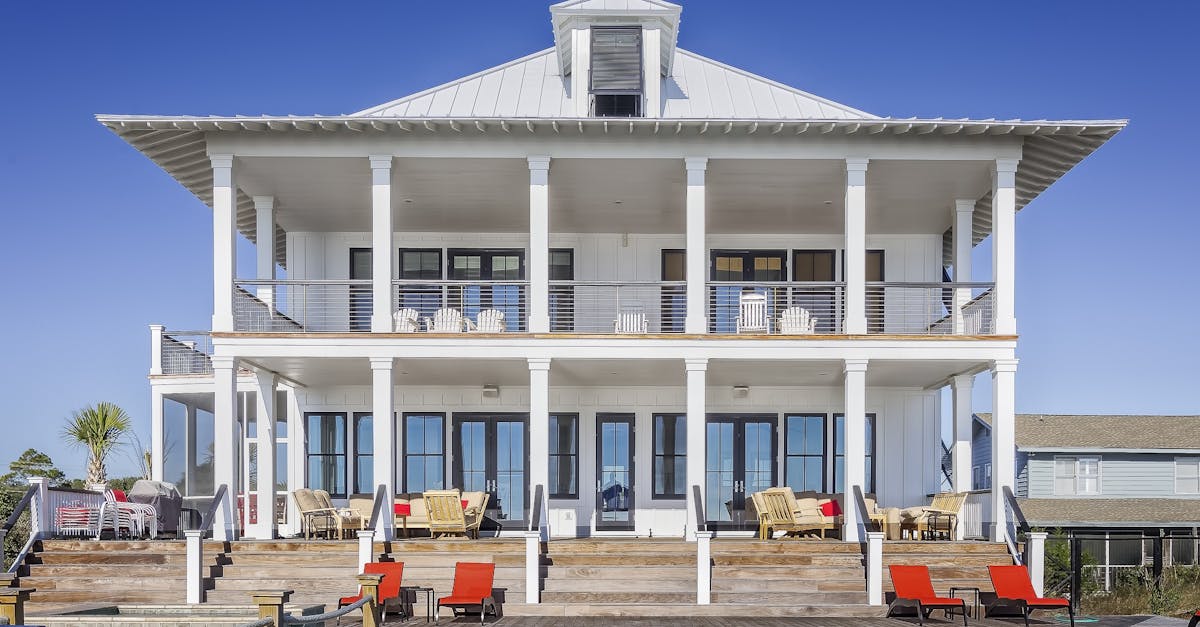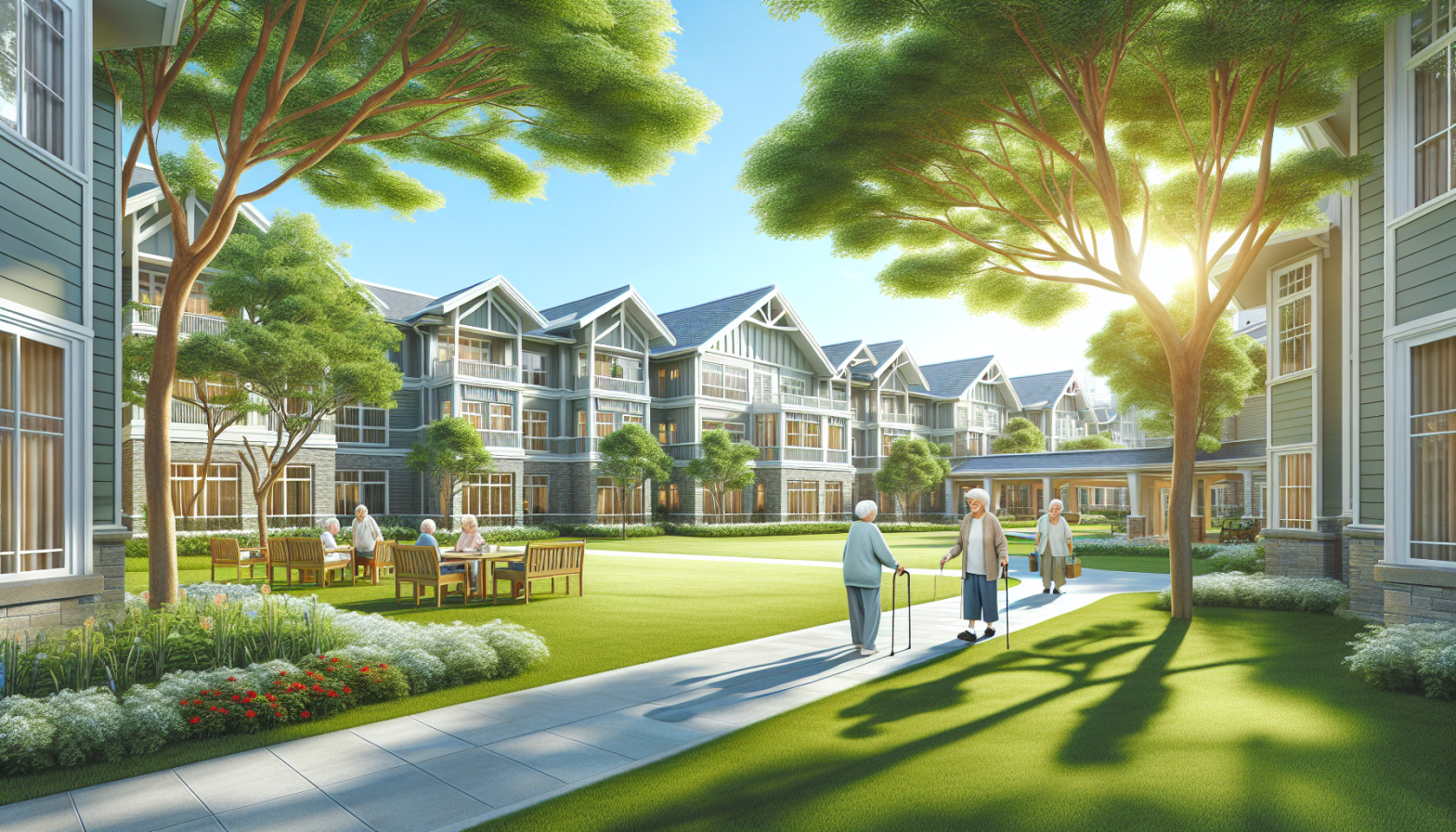Speak to a local care advisor at Assisted Living Locators by calling (888)-267-4741.
Learn about Assisted Living, Senior Living, Memory Care, and In-home care options.
As seniors age, the prospect of living alone can become daunting, and the maintenance of a home can turn into a burdensome task. Thankfully, there are various options available that can alleviate these concerns and provide a safe, comfortable, and enjoyable living environment. One such option is moving into an independent living apartment designed specifically for seniors.
This comprehensive guide aims to provide all the necessary information you might need when considering independent living apartments for seniors. From understanding what independent living entails to the costs involved, we’ll cover everything to help you make an informed decision.
What is Independent Living?
Independent living is a type of senior living option that caters to seniors who are generally self-sufficient and do not require assistance with daily activities. These communities offer a variety of services and amenities, such as housekeeping and meal preparation, designed to make life easier for residents.
Independent living communities provide seniors with their own apartments or cottages and are often part of larger retirement communities that also offer assisted living and nursing care. They are designed for seniors who desire an active, social environment without the responsibility of home maintenance and chores.
Distinguishing Between Different Types of Senior Living Options
Choosing the right senior living option depends on the level of care and assistance required. Here’s a brief overview of the different types of senior living options:
- Independent Living: This is ideal for seniors who can take care of themselves but want to live in a community with other seniors. Independent living communities offer services like housekeeping, meals, and social activities.
- Assisted Living: Assisted living communities provide a higher level of care, including help with activities of daily living (ADLs) like dressing, bathing, and medication management. They’re a good option for seniors who need some assistance but still want to maintain a level of independence.
- Memory Care: Memory care communities offer specialized care for seniors with Alzheimer’s disease or other forms of dementia. These communities provide 24/7 supervision and structured activities to keep residents engaged and safe.
- Continuing Care Retirement Communities (CCRCs): CCRCs, also known as life plan communities, offer a full range of care from independent living to nursing home care. They allow seniors to transition to different levels of care as their needs change, all within the same community.
Finding the Right Fit
Choosing the right independent living community is a personal decision that should be based on individual needs and lifestyle preferences. Here are some factors to consider:
- Lifestyle: Consider whether the community supports your lifestyle and interests. If you enjoy outdoor activities, look for a community with gardens or walking paths. If you’re an avid reader, a community with a well-stocked library might be a good fit.
- Location: The location of the community is crucial. You might want to be close to family and friends or prefer a community in a particular city or state. Consider the proximity to shopping centers, medical facilities, and other amenities.
- Services and Amenities: Make a list of the services and amenities that are important to you. These might include meal services, fitness centers, transportation, social activities, and housekeeping.
- Cost: Cost is a significant factor in choosing a community. Make sure you understand all the costs involved, including monthly fees, entrance fees, and additional charges for services.
Assessing Community Engagement and Social Activities
One of the main benefits of independent living communities is the variety of social activities and programs they offer. These activities provide opportunities for residents to engage with their peers, participate in their favorite hobbies, and even explore new interests.
When touring potential communities, ask to see a schedule of activities. Check whether the activities align with your interests and if the calendar is varied and engaging. Some communities might offer fitness classes, book clubs, art workshops, movie nights, and outings to local attractions.
Exploring Dining Options
Most independent living communities provide multiple meals a day in a communal dining area. When evaluating a community, consider the quality of the meals, the variety of the menu, and the dining schedule.
Ask whether the community can accommodate special dietary needs or preferences. Some communities might offer vegetarian or vegan options, low-sodium meals, or other specialized diets. Also, check if residents can have meals in their apartments if they prefer not to eat in the communal dining area.
Understanding Transportation Options
Transportation is a crucial service provided by independent living communities. Many seniors might not drive, so having access to reliable transportation is essential for getting to medical appointments, shopping, and other outings.
Find out what transportation services the community offers and whether there are any additional costs associated. Check whether the community offers regular trips to local shopping centers, restaurants, and attractions, and whether transportation can be arranged for individual needs.
Inquiring About Housekeeping and Maintenance
One of the significant benefits of living in an independent living community is not having to worry about chores and home maintenance. Most communities provide housekeeping services, including cleaning, laundry, and linen services.
When touring communities, ask about the frequency of housekeeping services and whether they are included in the monthly fee. Also, check how the community handles maintenance requests and whether there is staff available to handle emergency repairs.
Evaluating Essential Safety Features
Safety is a top priority when choosing an independent living community. Ensure that the community has safety features in place, such as emergency call systems, grab bars in bathrooms, and security personnel. Check whether the community has a plan for emergencies and natural disasters, such as fires or floods.
In addition, consider whether the community is accessible and designed to accommodate mobility issues. This includes having elevators and wheelchair ramps.
Considering Your Budget
Cost is a significant factor when choosing an independent living community. Prices can vary significantly depending on the location, size of the apartment, and the services and amenities offered.
When evaluating a community, make sure you understand all the costs involved. This includes the monthly fee, any entrance fees, and additional costs for services or amenities. Some communities might charge extra for certain services, such as laundry or transportation.
The Importance of Medical Assessment
Before moving into an independent living community, a senior will usually need to undergo a medical assessment. This assessment helps determine the level of care required and ensures that the community can meet the resident’s needs.
If a senior has a chronic condition, such as Alzheimer’s disease or Parkinson’s disease, it’s essential to choose a community that can provide the necessary care and support.
The Value of Ongoing Checks
Once a senior has moved into an independent living community, it’s essential to carry out ongoing checks to ensure they are happy and well cared for. Regular visits, conversations with staff, and participation in community activities can all provide valuable insights into the quality of care and life in the community.
Final Thoughts
Choosing an independent living community is a significant decision that requires careful thought and research. By considering your needs and preferences, asking the right questions, and visiting multiple communities, you can find the perfect place to call home in your golden years. Remember, independent living is all about enhancing your lifestyle and providing a safe, comfortable, and stimulating environment where you can thrive.












